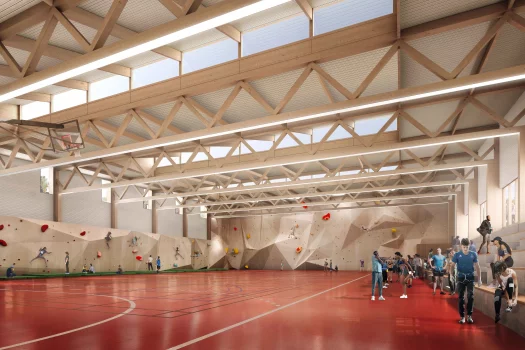The Olympic Games, a showcase and celebration of athletic excellence and international camaraderie, have continuously evolved since their modern inception in Athens in 1896. As the world changes, so too must the sporting events that captivate audiences and inspire athletes worldwide.
The addition of new sports to the Olympics 2024 games is a testament to it” adaptability and relevance in society. In the lead-up to the Paris 2024 Olympics, several exciting and unconventional sports have been introduced, reflecting a commitment to embracing diversity, innovation, and inclusivity.
In this article we will take a look into the significance of these new additions, exploring their impact on the sporting landscape and the broader Olympic Movement. Here are the new sports in Olympics 2024.
Skateboarding

Skateboarding made its debut appearance at the 2020 Summer Olympics in Tokyo, Japan, and is included in 2024 Summer Olympics in Paris, France taking place at the famous Place de La Concorde, in the heart of the city.
History and Evolution
Skateboarding originated in 1950s California, USA, as an offshoot of surf culture. Initially, surfers attached roller skates to boards to emulate surfing on land when waves were flat. Over the decades, skateboarding evolved from a niche pastime to a mainstream sport, gaining popularity among youth worldwide. The sport’s rebellious spirit and emphasis on freedom and creativity have resonated with generations of enthusiasts, contributing to its widespread adoption and growth.
Olympic Debut and Format
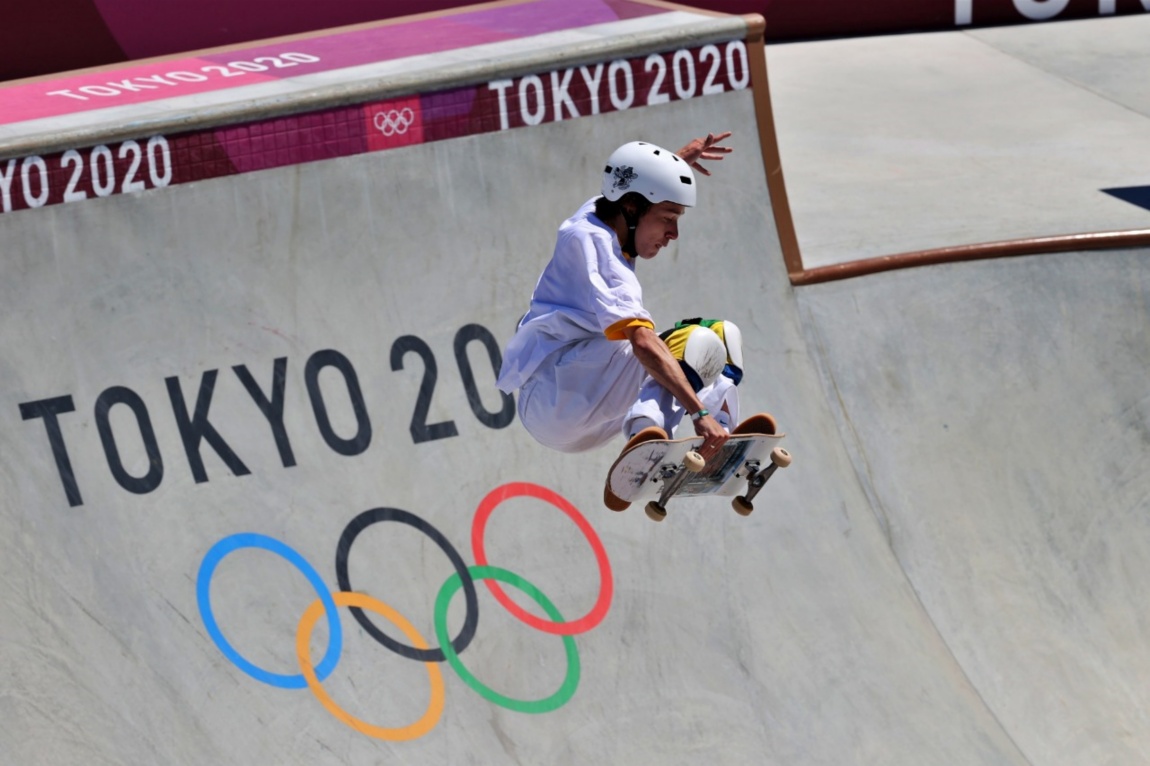
At the Tokyo 2020 Olympics, skateboarding featured two main disciplines: park and street.
The park competition takes place on a varied course combining bowls and numerous bends, which the athletes use to gather speed and perform tricks mid-air. The skateboarders are judged by the height and speed of the tricks they carry out during jumps, as well as their capacity to use the entire surface and all obstacles. They perform three 45‑second runs, with the best of three counting as their final round score.
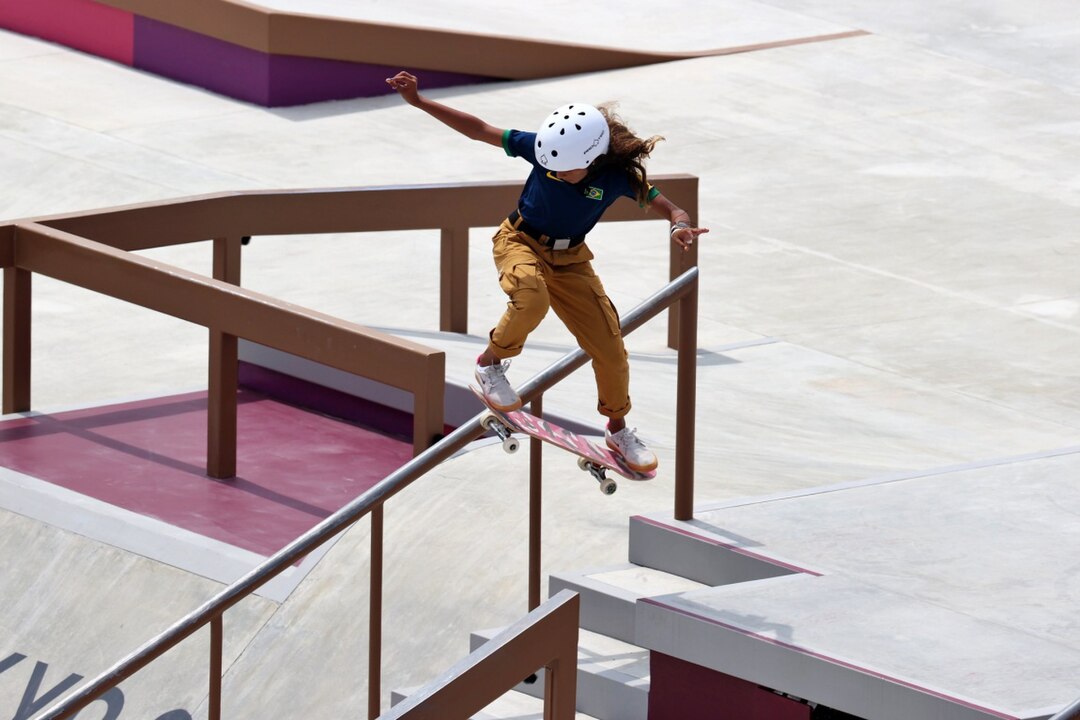
Street events take place on a straight ‘street-like’ course with stairs, handrails, etc. set up to resemble the urban environments where skateboarding started out. Athletes perform a range of tricks and are also judged on how they control their board during the two 45‑second runs and five tricks they carry out.
The events consist of two rounds, prelims and finals.
Participation and Competition
A total of 80 skateboarders from 25 National Olympic Committees participated in the skateboarding events at the Tokyo 2020 Olympics. The competition format included preliminary heats followed by finals, where athletes vied for top honors based on the degree of difficulty, speed, and execution of their tricks. The events captivated audiences with thrilling displays of athleticism, style, and innovation from some of the world’s best skateboarders.
Events in 2024
The skateboarding events will take place on the 27th and 28th of July, and then on the 6th and 7th of August.
- Street (women’s / men’s)
- Park (women’s / men’s)
Venue in 2024
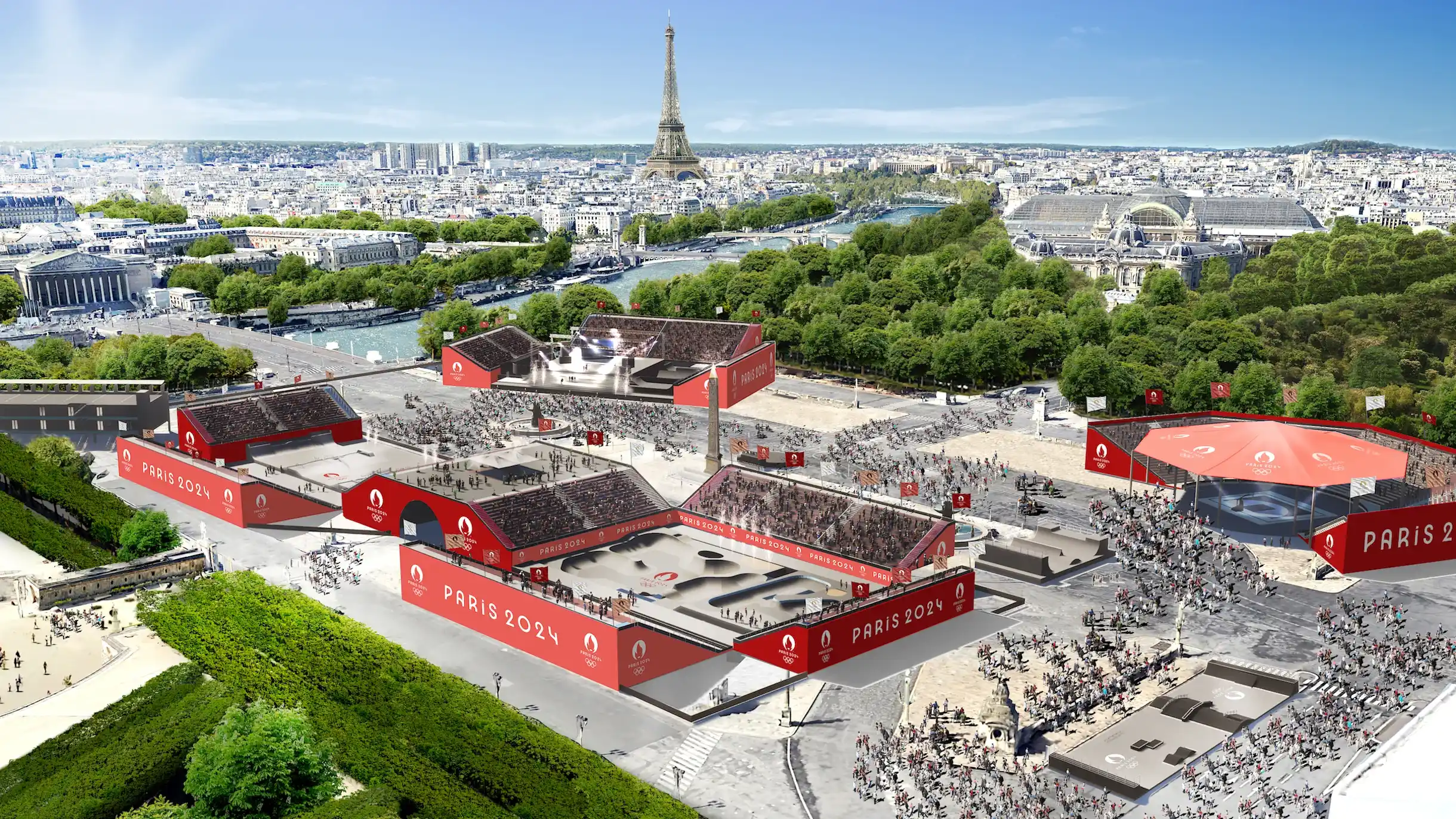
Skateboarding events at the Paris 2024 Olympic Games will take place at Place de la Concorde, a central location in the French capital known for its historical and cultural significance
Legacy and Future Prospects
Following its successful debut in Tokyo, skateboarding has been provisionally approved for inclusion in the 2024 Summer Olympics in Paris. This decision underscores the sport’s enduring appeal and potential for continued growth within the Olympic Movement. By showcasing skateboarding alongside traditional sports, the Olympics provide a platform for athletes to shine, inspire new generations of skaters, and promote diversity and inclusivity in sports.
Breakdancing

Breakdancing, also known as breaking, is set to make its Olympic debut at the Paris 2024 Summer Games, representing a significant milestone for this urban dance style that originated in the Bronx borough of New York in the 1970s.
The inclusion of breaking in the Olympic program recognizes its evolution from a street dance form to a competitive sport that blends athleticism with artistic expression.
History and Evolution

Breaking emerged from hip-hop culture, by the youth from various minority communities started forming crews to compete in dance battles on the streets. Athletes in breaking are referred to as “B-Boys” or “B-Girls,” with the “B” standing for break, as dancers execute moves during instrumental breaks in music.
It took form in the lively block parties in the Bronx, emerging from hip hop culture, and is characterised by acrobatic movements, stylised footwork and the key role played by the DJ and the MC (master of ceremonies) during battles.
International competitions were first held all over the world in the 1990s, popularising the dance form both among hip hop communities and the general public along the way.
Competition Format and Rules
At the Paris 2024 Olympics, breaking will feature two events—one for men and one for women—where 16 B-Boys and 16 B-Girls will engage in solo battles showcasing their power moves, footwork, freezes, and improvisational skills to the beat of DJ tracks.
Judges evaluate athletes based on criteria such as technique, personality, and originality of movement, emphasizing individual style and creativity.
Events in 2024
The breaking events will take place on the 9th and 10th of August.
- B-Girls (women’s)
- B-Boys (men’s)
Venue in 2024

Breakdancing events at the Paris 2024 Olympic Games will take place at Place de la Concorde, a central location in the French capital known for its historical and cultural significance.
Cultural Influence and Recognition
Music plays a pivotal role in breaking, influencing dancers’ movements and styles. As music has evolved over the years, so has breaking, adapting to different musical genres while maintaining its core elements of acrobatics and stylized footwork. The inclusion of breaking in the Olympics represents a significant milestone for the dance form’s recognition and exposure on a global platform.
Surfing
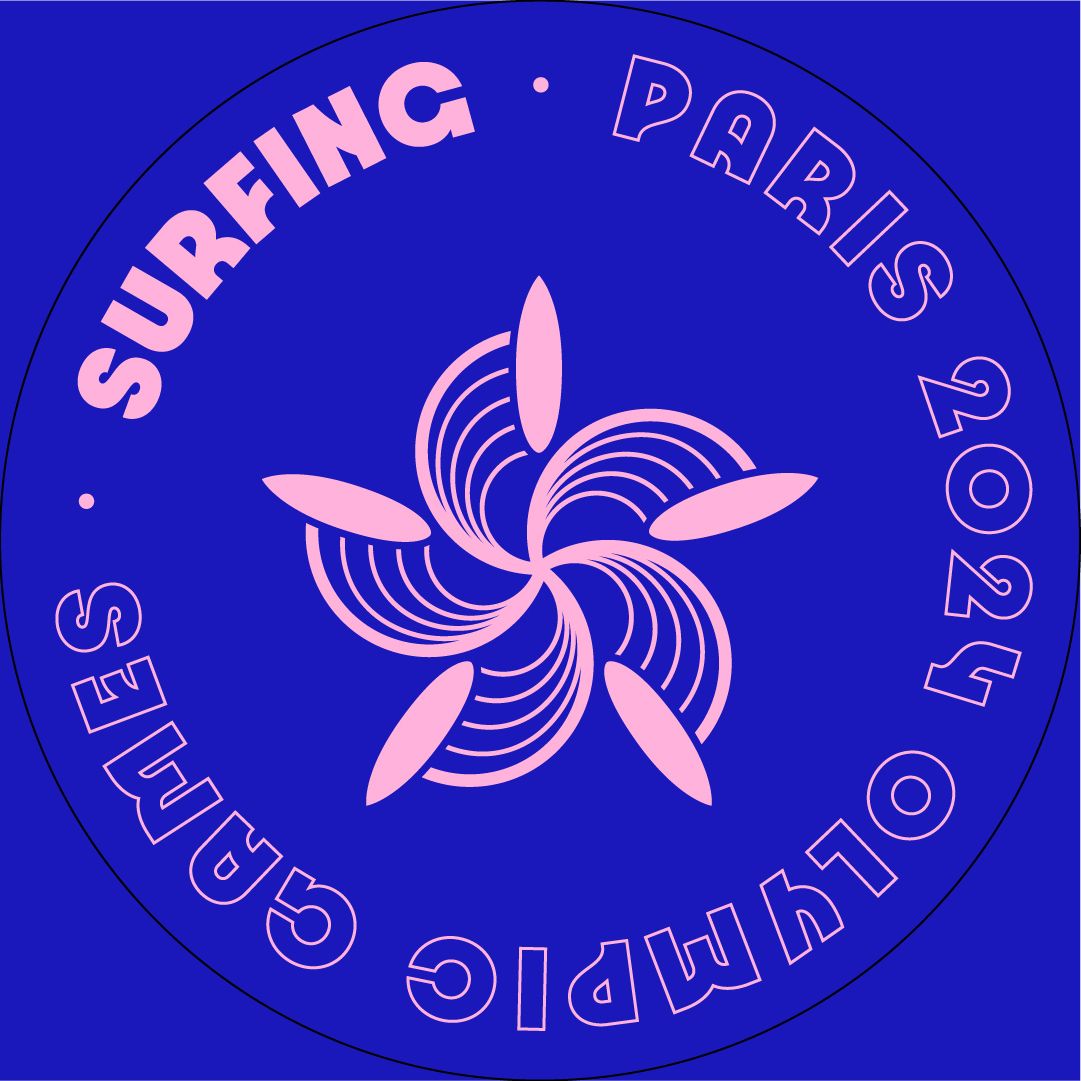
After several attempts to secure a place in the Olympic program, surfing officially debuted in the Olympics at the Tokyo 2020 Games. The sport will continue its Olympic run in Paris 2024.
History and Evolution
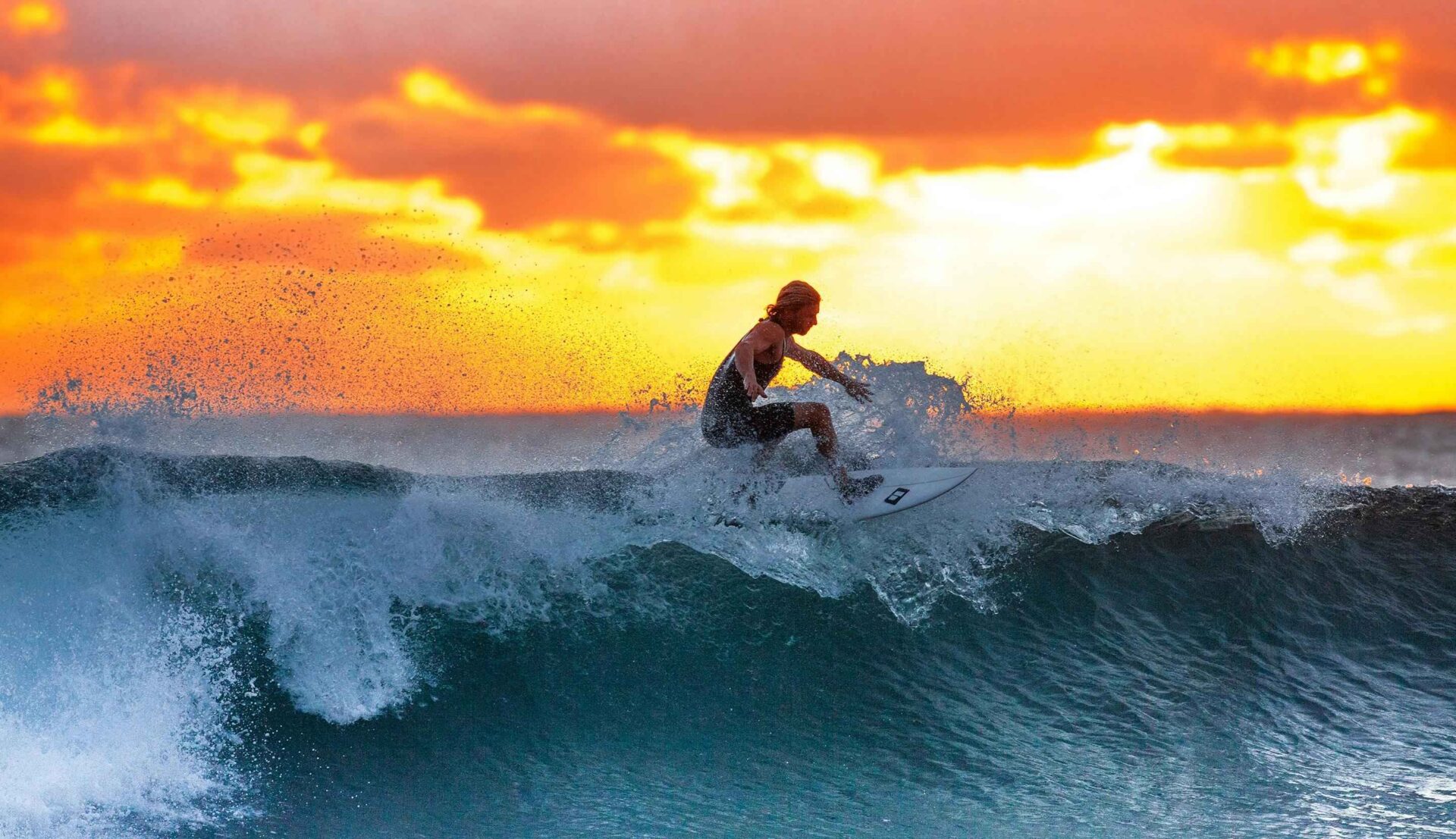
Surfing is believed to have been practiced by fishermen in ancient times in Peru and later in Polynesia. Surfing evolved and flourished in the 1950s, as new types of boards made it more accessible to the general public. Today, this spectacular nature-based sport has over 35 million enthusiasts – most of whom are young – across five continents.
Competition Format and Rules
The surfing competition at the 2024 Summer Olympics in Paris will feature a total of 48 surfers, 24 in each gender category, competing in the shortboard events. The competition will take place over four days within a nine-day window from July 27 to August 4, 2024.
Surfers will be judged based on their performance, including maneuvers, tricks, speed, power, and flow by a panel of judges. Shortboards are the preferred surfboards for the Olympics due to their agility and maneuverability for executing tricks.
Events in 2024
Paris 2024’s surfing events will take place over 4 days in a 9 days window, from 27th of July to 04th of August.
- Shortboard (women’s / men’s )
Venue in 2024
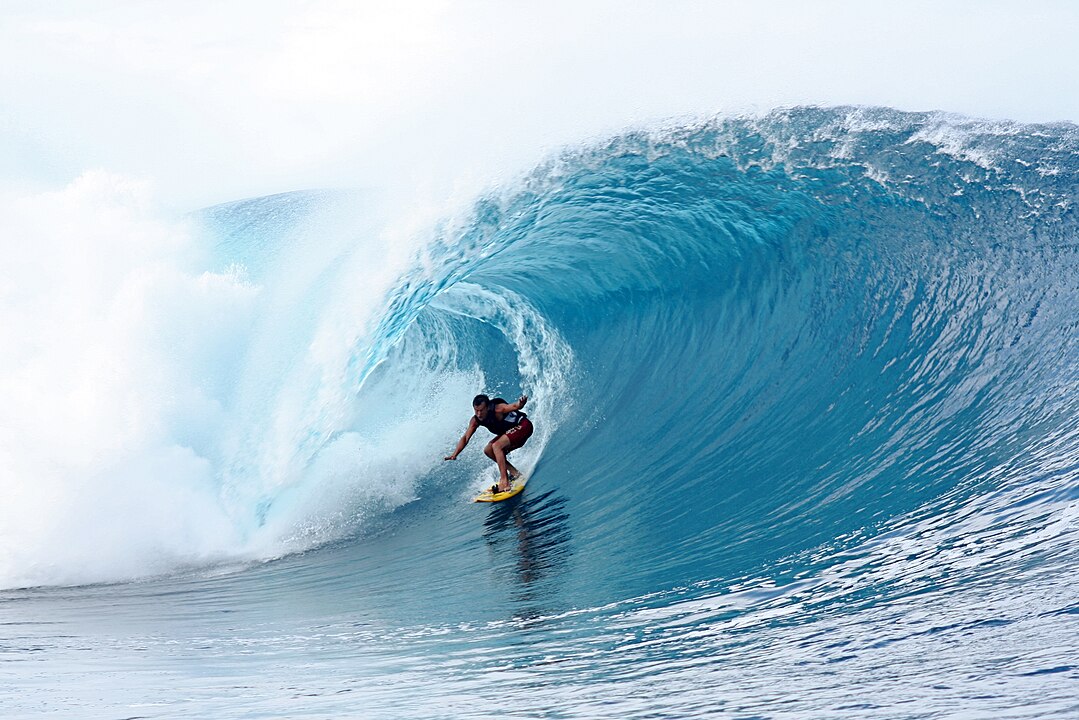
The surfing event at the 2024 Summer Olympics in Paris will take place at the Teahupo’o reef pass in Tahiti, French Polynesia. This location was chosen due to its famous massive waves, making it suitable for high-level surfing competitions.
The event will be breaking the record for the farthest medal competition held outside the host city.
Legacy and Future Prospects
Surfing’s inclusion in the Olympics marks a significant milestone for the sport, showcasing its cultural significance, competitive growth, and environmental challenges. As surfing makes its presence felt at the 2024 Paris Games, it continues to attract a diverse audience with its unique blend of athleticism, artistry, and connection to nature.
The sport’s legacy in the Olympics displays its ability to unite surfers from around the world, fostering cross-cultural exchange and inspiring future generations of athletes.
Sport Climbing
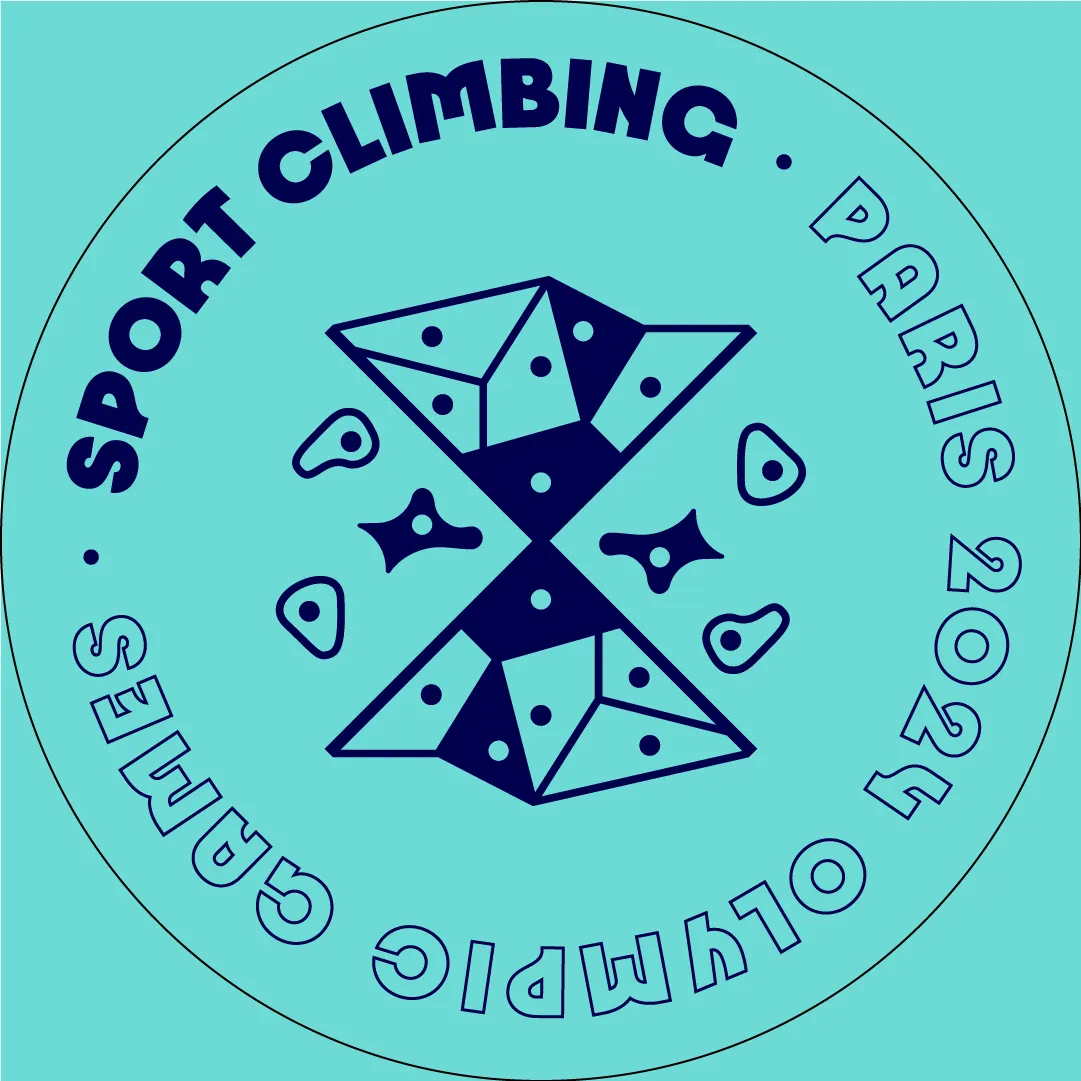
Sport climbing made it’s debut as an official Olympic sport in Tokyo, 2020, and will continue it’s tenure as such in Paris, 2024.
History and Evolution
Sport climbing’s history traces back to the late 19th century when recreational rock climbing evolved into a competitive discipline. The sport saw its competitive debut in 1985 in Italy and gained further traction with the introduction of artificial climbing walls in France the following year.
Over the years, sport climbing has transitioned from natural rock faces to purpose-built structures, emphasizing environmental sustainability and accessibility for climbers of all levels. Its inclusion in the Tokyo 2020 Olympics marked a significant milestone, showcasing its evolution into a recognized and respected sport on the global stage.
Olympic Debut and Format

Sport climbing took its first steps on the Olympic stage at the Buenos Aires Youth Olympic Games, in 2018.The event although not highly publicized, impressed the public.
A hit at the youth events, sport climbing then made its debut at the Games at Tokyo 2020, joining the Olympic program as a new sport.
Sport climbing will consist of two distinct events in Paris 2024:
Speed Event:
- Specialist speed climbers compete against each other on a 15-meter wall with a 5° incline.
- Athletes face off in head-to-head races, attempting to ascend the wall faster than their opponent.
- Men typically complete the course in less than six seconds; women in less than seven seconds.
Combined Event:
- Athletes participate in both Boulder and Lead phases.
- Points are earned based on performance in each discipline: 100 points for each discipline, with 25 points available for reaching specific zones in Boulder and the top of the wall in Lead.
- The combined score determines the winner.
Participation and Competition
The total number of medal events for sport climbing will double from two in Tokyo 2020 to four in Paris, with an increase in the number of athletes participating from 40 to 68.
Events in 2024
In 2024, Boulder and lead combined events will take place between the 5th and the 10th of August, while the speed events will take place between the 5th and the 8th.
- Boulder & lead combined (women’s / men’s)
- Speed (women’s / men’s)
Venue in 2024
The sport climbing events at the Paris 2024 Olympics will take place at the Le Bourget Climbing Venue, specially constructed for the Games.
The Venue, located in Saint-Denis, will accommodate up to 6,000 spectators, with seating for 3,000 individuals. The facility features five climbing walls, including an indoor wall for warm-up and four outdoor walls for competition events. This venue not only serves as a temporary site for the Games but also leaves a lasting legacy by providing essential sports infrastructure for the Seine-Saint-Denis area post-Olympics.
Background and Motivation for Change
Reasons behind adding new sports to the Olympic program include keeping up with global trends and popular culture, encouraging youth participation and engagement, and promoting gender equality and inclusivity.
By incorporating contemporary activities such as skateboarding, breakdancing, surfing, and sport climbing, organizers aim to broaden the audience base, boost ratings and media coverage, provide opportunities for athletes from nontraditional backgrounds, and showcase underrepresented communities and their talents.
These newly included sports are not only appealing to younger generations but also align with the International Olympic Committee’s (IOC) mission to make the Olympic Games more accessible and relevant to a wider range of participants and spectators.
The IOC recognizes the importance of adapting to changing times while maintaining the core values of the Olympic Movement, including respect, friendship, and excellence.
Challenges Associated with these Sports
Despite the numerous benefits associated with including skateboarding, breakdancing, surfing, and sport climbing in the Paris 2024 Olympic Games, there are certain challenges that organizers must address. Some of these challenges include:
Venue Considerations
Adapting existing venues or constructing new ones presents logistical difficulties, particularly when dealing with sports like surfing that rely heavily upon natural elements such as ocean swells. Additionally, the cost implications for infrastructure development must be carefully considered.
Rulemaking and Standardization
Establishing fair and consistent rules across competitions poses another challenge. While some sports already have well-established rule sets, others may require further refinement to ensure equitable outcomes. Balancing traditional aspects with innovative approaches becomes crucial during this process.
Athlete Preparation and Training
Access to specialized equipment and resources, along with the development of coaching expertise in emerging sports, present additional hurdles. Without proper support structures, athletes risk being unable to fully realize their potential. While addressing these challenges may prove difficult, the rewards of successfully integrating these sports into the Olympic Games far exceed the effort required to overcome these obstacles. The opportunity to innovate and evolve alongside the Olympic Movement makes the endeavor worthwhile.
Conclusion
The inclusion of new sports in the Olympics 2024 signifies the adaptability of the organization to embrace evolving trends and cater to a wider audience. By introducing sports like breakdancing, skateboarding, sport climbing, and surfing, the International Olympic Committee (IOC) demonstrates its commitment to staying relevant and appealing to younger generations.
These additions not only showcase the diversity of athletic abilities but also promote inclusivity and innovation within the Olympic movement. This forward-thinking approach ensures that the Olympics remain a dynamic and exciting global event that continues to inspire athletes and fans alike.
Read more about the Olympics 2024 games here
Learn little-known facts about the Olympics here
